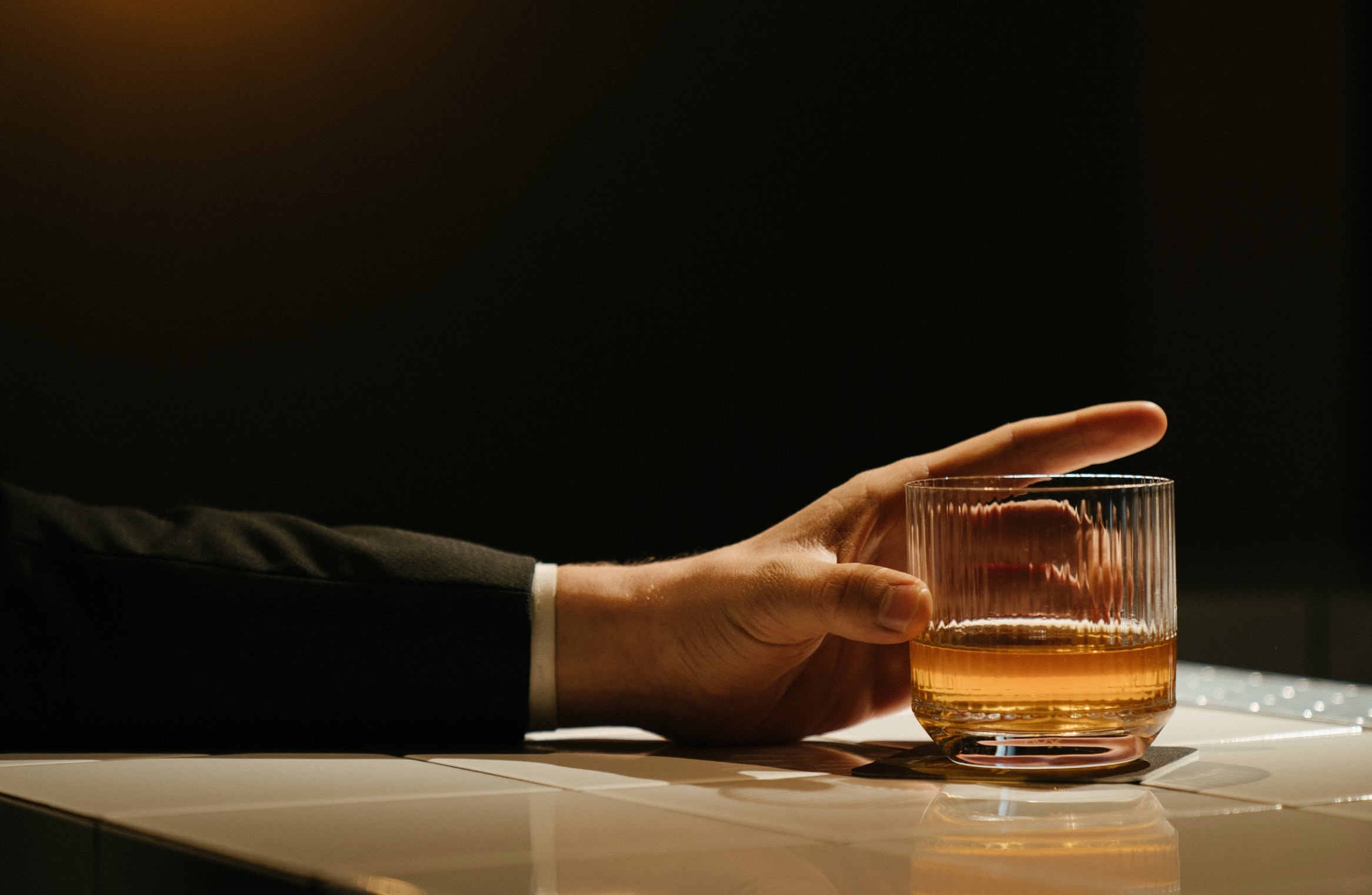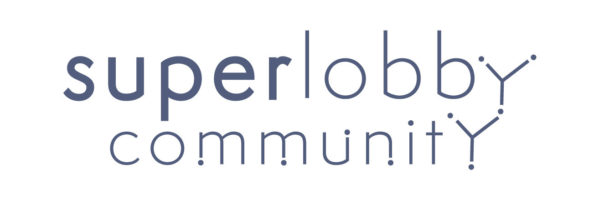
Not so creative
I thought that I found a unique angle to write a blog on, boy was I wrong. When I started doing research the first thing I noticed was that already a lot has been written on the enmeshment between alcohol and politics. Politico has a light article on the Art of Political Drinking and the Guardian has one on Booze Diplomacy. Ben Wright has even devoted a book on this niche suject: “Order, Order!: The Rise and Fall of Political Drinking” . It seems that there is even a link between drinking habits and political ideology. One research found that when a US state becomes more liberal politically, its consumption of beer and spirits rises, while its consumption of wine may fall. The research goes as far to suggest that political beliefs are correlated with the demand for alcohol. In other words, some ideologies drink more than others. Not all columns and books are tongue-in-cheek praises for the phenomenon, as critics also point out that we need to grow up ; if you aren’t allowed drinking in the workspace for most professions, how come it is socially allowed when governing the country?
Some personal notes on the subject at hand
A Dutch proverb says that “Alcohol makes brothers” and I am sure that there is a similar proverb in your language. Anyone that has been in either a fraternity or simply has “friends from college” will concur. On the political campus I have seen alcohol and politics blend in nicely. Whether it is discussing amendments on Place Lux, talking shop on the Plein in the Hague or drinking Slivovica with colleagues in Belgrade until the morning on a Tuesday. The binge drinking capabilities of politicians in Westminster is the stuff of legends. In Brussels the situation is aggravated because wine is water and in most circumstances there is plenty and it is free. I have a theory that no matter how big your salary is, free alcohol always triggers endorfine kicks. The heroic stories that follow from doing presentations while having a hangover or bringing someone home that wasn’t able to stand on his feet anymore only add to the mythical status of alcohol. My own alcohol “war-stories” include an entire department being wiped out by tequila shots and a diplomat demolition numerous trash cans.
We will need to have that conversation
it is a serious drug. Despite for all the bonding and war-stories that alcohol provides us with; . In her much acclaimed book “Never Enough; the neuroscience and experience of addiction” Judith Grisel points to the dangers of alcohol. While some drugs target certain parts of the brain, alcohol simply floods it entirely. No other drug (save for coffee) is so widely available and accepted as alcohol continues Grisel. She also points out that the social pressure of drinking is immense. I experienced this first hand when I wanted to experiment with teetotalism two years ago. Teetotalism is the total personal abstinence from alcoholic beverages. I managed this for eight months. During these eight months I was constantly heckled to drink. What’s worse I was not pressured by my drinking buddies (they kinda understood) but by that nice neighbor or some of my best friends and family. I also felt that I was not one of the guys at receptions and after work drinks. I felt at a disadvantage in the political arena. Questions surfaced. Why don’t we have alcohol free receptions and events? How come the next step in a business relationship is a beer after work? While I don’t have the answers nor intend to provide them, I do think it is high time to acknowledge the existence of the enmeshed (and sometimes even toxic) relationship between alcohol and politics.
Liked this blog? Sign up for our newsletter to receive fresh content every Friday

